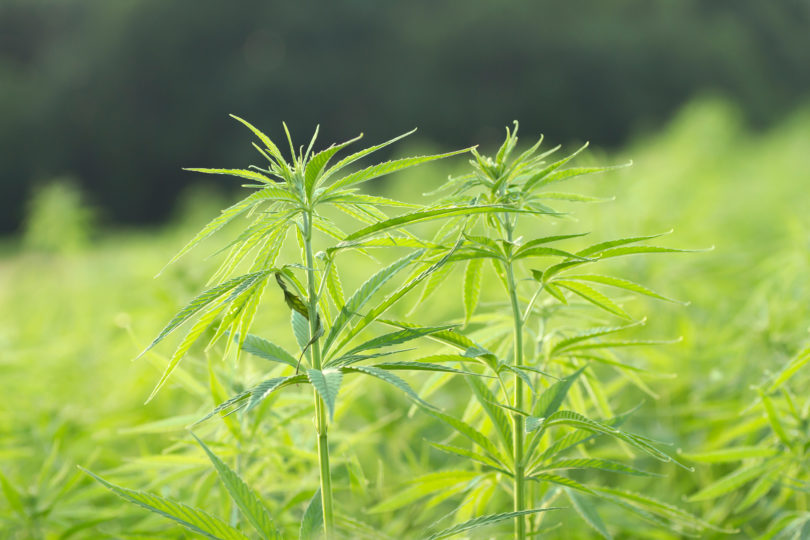Did you know that Hemp is one of the earliest domesticated plants known to man?
What about the fact that it’s been cultivated for tens of thousands of years and can be used to produce fuel? The Hemp plant has been cultivated for many centuries across many continents by a range of different cultures and for many different uses. It makes excellent rope and can be made into durable clothing, but the benefits of the hemp plant go way beyond that.
United States hemp cultivation was outlawed and prohibited in the 1930s and since then, hemp and its close relative cannabis have been illegal to grow or possess in North America, Europe and most of South America and the far east.
Since the 1990s, and especially within the last five years, many States in America have made cannabis legal – some for medicinal purposes and others for recreational. Numerous studies and a lot of research have been carried out on hemp and cannabis plants. Some compounds that occur naturally inside it are thought to be able to treat various health conditions.
In 2018, President Trump took the bold step of passing into law the Agricultural Improvement Act of 2018 – known as the 2018 Farm Bill. This Act removed Industrial Hemp with a THC content of less than 0.3 Percent from Schedule I and reclassified it as an agricultural commodity.
Hemp has some fantastic properties and uses, although these facts might surprise you a little and probably weren’t at all what you were expecting.
Hemp Could End Global Warming
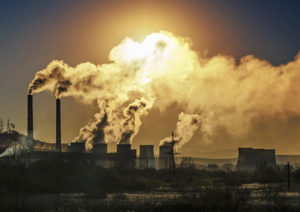
If we plant enough hemp, we could eliminate carbon emissions
The Hemp plant has such a massive carbon-dioxide uptake; that theoretically, it could eliminate carbon emissions and put a stop to global warming if cultivated widely enough. A fascinating process called carbon sequestration catches carbon emissions, and no plant on Earth can do that as well as Hemp, which grows fast and wild, a bit like a weed given half a chance.
Hemp Makes Canvas

Little known fact, hemp has been used to make painting canvases
Did you know that the word canvas is derived from the word cannabis? Hemp was the first material used by man to create canvas for painting and other purposes. Both words come from the Latin, “Cannapaceus” which translated literally means “made from hemp.”
Hemp Seeds Are a Superfood
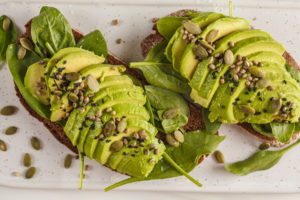
Avocado toast with hemp, sesame, and pumpkin seeds
Hemp seeds can be eaten raw if you’re that way inclined but are much more digestible and quite tasty when ingested in Hemp Seed Oil form. Hemp Seed Oil is made from Hemp seeds from the Sativa variety, contain no THC and are processed into an oil, similar to Olive Oil, which can be added to salads or your favorite food. Hemp Seed Oil tastes nutty, has an off-the-chart amino acid score and is healthier than peanuts and lentils.
Hemp = Fuel
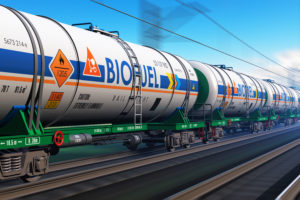
The entire hemp plant can be used to make bio-diesel
Yes, you read that right – Hemp seeds can produce real, sustainable and clean fuel. The entire Hemp plant can also be fermented to produce biodiesel which can be used as fuel for diesel engines. Interestingly, during World War II, the US government encouraged farmers to grow as much Hemp as they could to assist with the war effort.
Hemp Enriches Soil
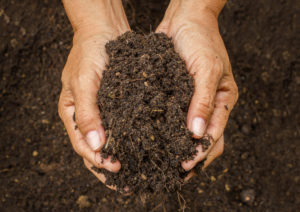
Hemp increases the microbial content of soil and makes it healthier
Hemp grows just about anywhere and in many types of soil thanks to its deep roots that bind the terrain together. Hemp increases the microbial content in the earth and enriches it. Cultivators even use the stems and leaves from their harvest as an effective compost which they add back into the soil for the next crop.
Founded on Hemp

George Washington is known to have grown hemp
It’s become a more well-known and widespread fact in recent years thanks to cannabis legalization and the Farm act. But it’s no secret that the U.S. Constitution was written on paper made from Hemp. No one is saying here that the forefathers liked to get high (and even if they did, Hemp wouldn’t get them there as it’s THC-free.) Nevertheless, farmers were encouraged to grow as much Hemp as possible thanks to its multiple uses and value.


